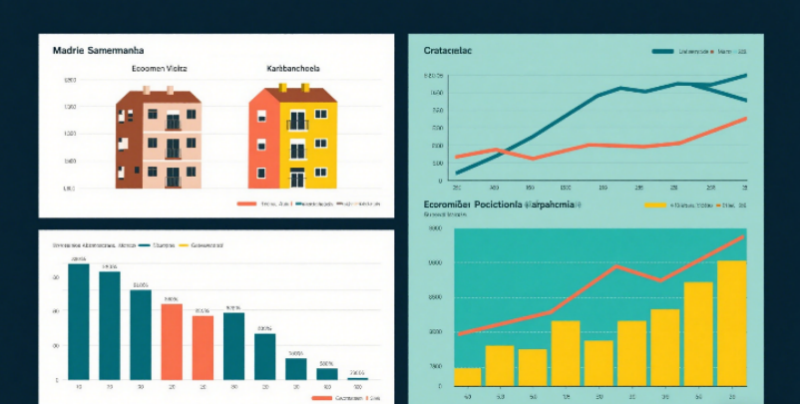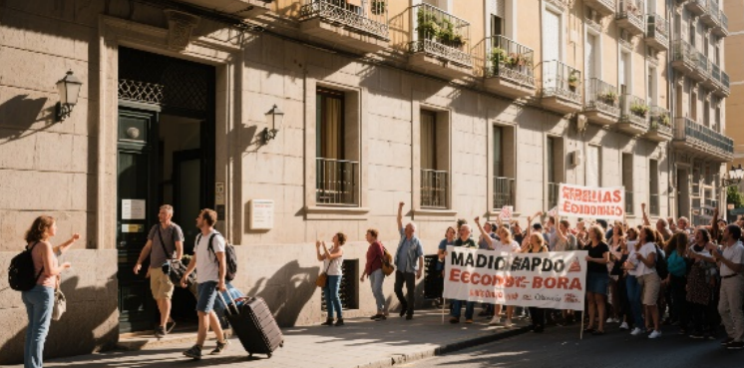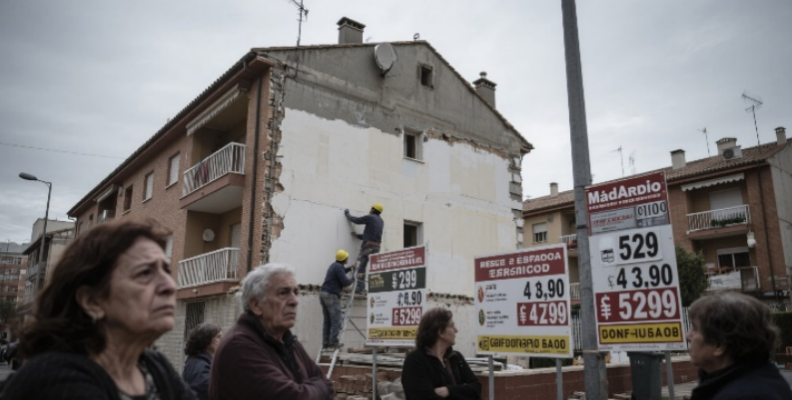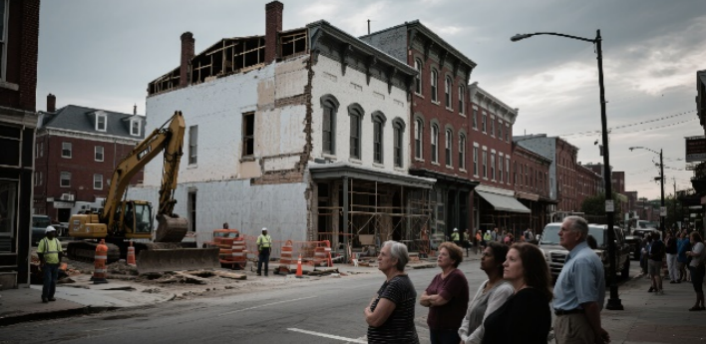
Madrid’s ambitious "100% affordable" housing mandate, designed to address the city’s acute housing crisis, has become a poster child for policy failure. While the initiative aims to create 43,000 affordable rental homes by 2025 , developers are exploiting systemic loopholes to prioritize profit over public welfare. This article dissects how Madrid’s housing policies, despite their progressive veneer, are exacerbating inequality and undermining the very communities they seek to protect.
The Illusion of Accessibility
Madrid’s affordable housing program, funded by €6 billion in EU and national loans , requires developers to lease units at 20–25% below market rates for 50 years. However, these mandates are riddled with ambiguities. For instance, the definition of "affordable" is tied to regional median income (AMI), which in Madrid’s wealthiest districts like Salamanca (€6,615/m²) skews affordability benchmarks. In practice, this means units in lower-income areas like Carabanchel—where median rents are already €600–€900/month —are priced at 80% AMI, excluding families earning below 50% AMI .
Developers also exploit zoning regulations. The recent reclassification of municipalities like Boadilla del Monte to "Zone A" allowed them to raise subsidized housing prices by 56%, effectively pricing out moderate-income households. This mirrors Baltimore’s HTC-driven gentrification , where tax breaks disproportionately benefited affluent areas.

The Hidden Costs of Public-Private Partnerships
Madrid’s reliance on public-private partnerships (PPPs) has created a perverse incentive structure. Under the Plan Vive initiative, developers receive €435 million in EU funding to build 14,000 units , but these projects often prioritize market-rate units to offset "affordable" losses. For example, the €43 million Valdebebas development includes 386 affordable units but allocates 60% of the site to luxury condos . This "carrot-and-stick" approach allows developers to recoup costs through premium properties, while affordable units remain segregated in less desirable neighborhoods.
Additionally, PPP contracts lack robust tenant protections. Despite legal mandates, developers frequently subcontract maintenance to third-party firms, leading to substandard living conditions. In Los Ahijones, a €27.9 million EMVS Madrid project, residents reported delayed repairs and unresponsive management , mirroring Baltimore’s "preservation-driven displacement" .
Gaming the System: Short-Term Rentals and Speculation
The rise of short-term rentals (STRs) has become a lucrative workaround for developers. Under Spain’s new housing law, STRs are exempt from rent controls , prompting developers to convert affordable units into Airbnb listings. In 2024, Madrid saw a 28% quarterly increase in STR supply , with properties in central districts like Centro and Retiro fetching €150–€200/night—triple the monthly rent of a subsidized unit . This trend depletes long-term housing stock and inflates market rents, forcing low-income families into precarious living situations.
Speculative land banking further undermines the mandate. Developers like PECSA Real Estate acquire plots in "priority zones" at discounted rates, delay construction, and profit from land value appreciation. Between 2020 and 2025, Madrid’s vacant land prices surged by 42%, outpacing housing starts by 3:1 . This speculative behavior mirrors Baltimore’s "halo effect" , where tax breaks fueled land flipping rather than sustainable development.
A Path Forward: Equity Over Profit
To rectify these failures, Madrid must implement three critical reforms:
Redefine Affordability: Link rents to local AMI rather than regional averages. For example, in Carabanchel, where median income is €22,000/year , affordable rents should cap at €440/month (30% of income) rather than the current €640/month.
Strengthen Tenant Protections: Enforce strict penalties for STR conversions, including fines of €30,000–€100,000 , and mandate tenant representation in PPP oversight committees.
Democratize Development: Adopt a "participatory budgeting" model, where communities like Upton in Baltimore co-design projects to ensure mixed-income housing and local hiring.

Conclusion
Madrid’s "100% affordable" housing mandate is a cautionary tale of policy overreach. While well-intentioned, the program’s vague definitions, weak enforcement, and reliance on PPPs have transformed it into a tool for corporate profit. True affordability requires dismantling developer-friendly loopholes, centering tenant voices, and prioritizing long-term community well-being over short-term gains. Until Madrid learns from Baltimore’s mistakes , its housing crisis will persist, leaving marginalized communities behind.





